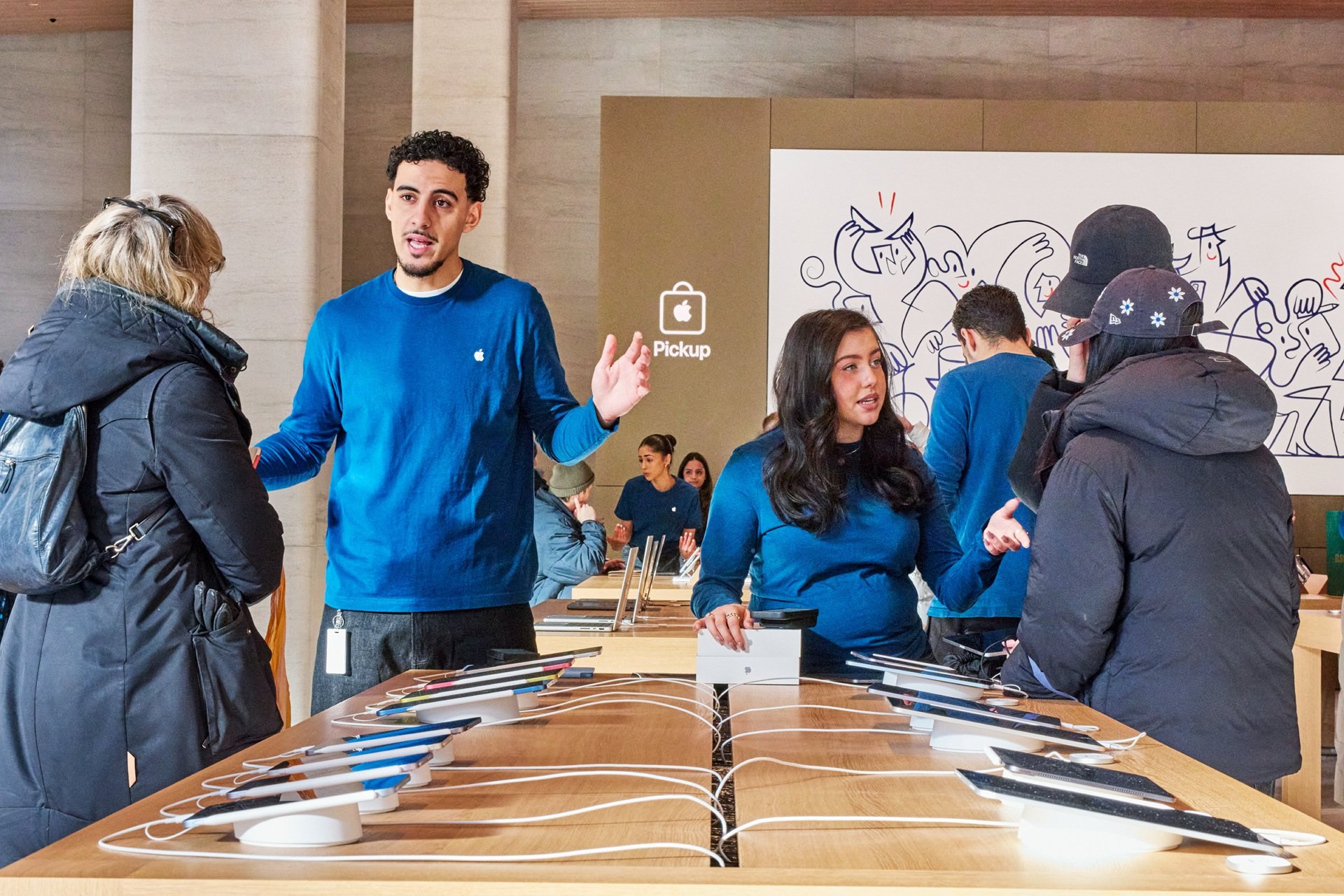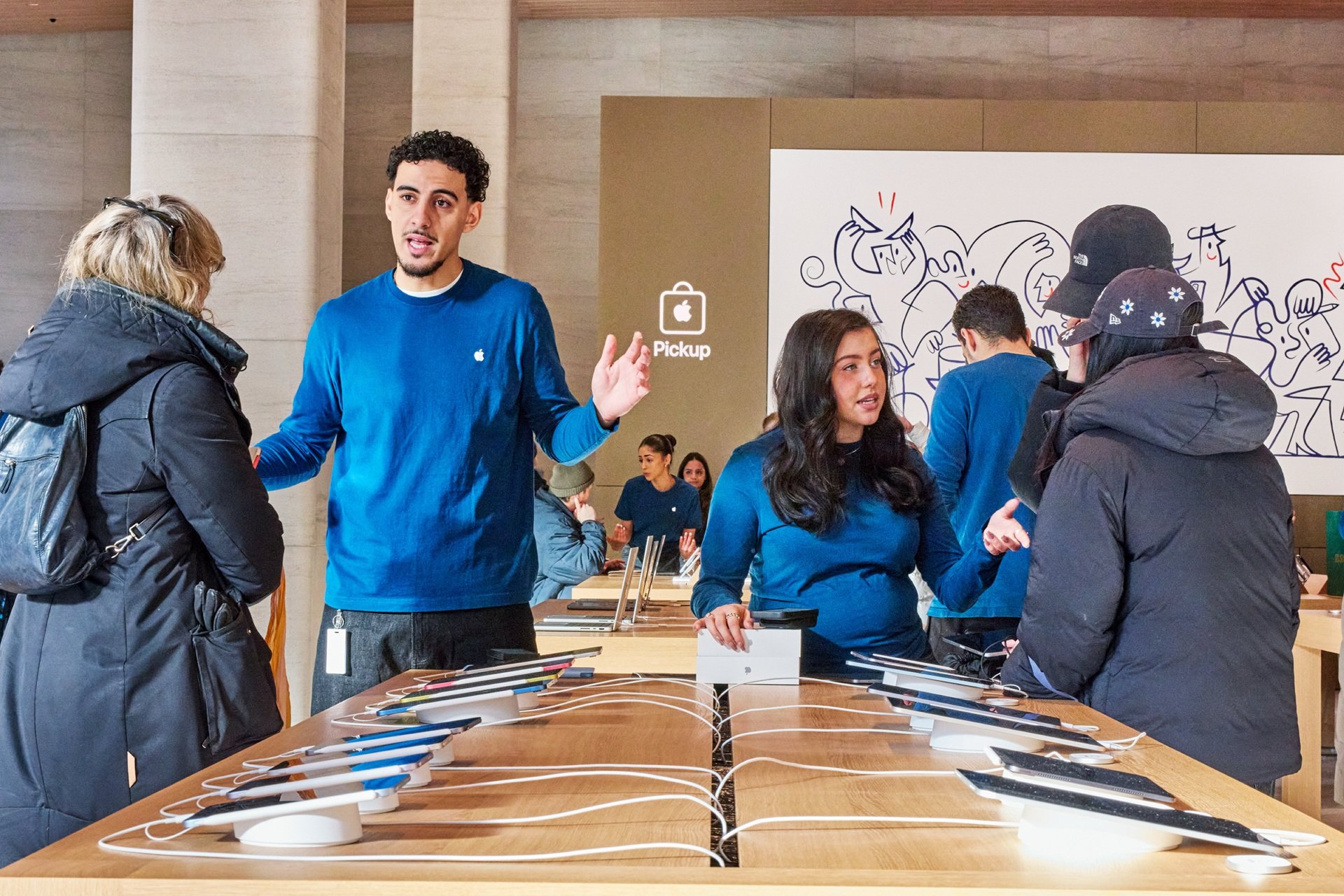There is no denying that the visionary leadership of Steve Jobs helped make Apple (AAPL 0.13%) the most valuable company in the world once upon a time. Forward-thinking CEOs such as Jobs often have far-reaching effects on the success of a company. In fact, Apple's annual sales tripled and its stock increased more than 1,300% following Steve Jobs' return to the company in 1996.
Therefore, for investors, evaluating top executives and their respective management teams is a useful tool for uncovering winning stocks. Below, Motley Fool contributing analysts reveal three CEOs that are creating long-term value for their companies and stockholders today.
Demitrios Kalogeropoulos: Netflix's (NFLX 3.41%) Reed Hastings gets my vote, and my cash. Books have been written about the guy that grew a tiny DVD-by-mail business into a $20 billion streaming video giant (try Neflixed: The Epic Battle for America's Eyeballs for one). But here I'll highlight just three traits that make Hastings one of my favorite CEOs to partner with: his vision, focus, and rebellious attitude.
Vision: Hastings has one big goal: replace TV as we know it. Right now, people watch over a billion hours of television shows and movies each day through traditional channel-based TV. But Internet delivery promises to make dramatic improvements to that old model, with Netflix leading the charge. Sure, the linear TV world is massively popular. But it's also "ripe for replacement," according to the company's long-term view.
Focus: Here are just a few of the things that Hastings has chosen not to do over the past few years: streaming player hardware, ad-supported content, pay-per-view rentals, news, and sports. However tempting it's been to jump into those areas, Netflix has stayed completely focused on improving its user experience. Hastings tries hard to not get distracted by what he calls the "shiny object." Instead, "executing better on our core mission is the way to win," he says.
Rebellious: Even with its huge market capitalization, Netflix is still acting like a small upstart — on the hunt for ways to shake up the media industry. Full-season releases of original content was only the beginning. Through announcements over the past few months we can also add two more major industry norms that Hastings and his team are challenging. With Crouching Tiger Hidden Dragon: The Green Legend next year we'll see same-day streaming of a big-budget theatrical release. And Netflix subscribers can also look forward to an episodic group of feature films starring Adam Sandler. If anything, Netflix promises to be more disruptive as it grows, not less.
Joe Tenebruso: "Widen the moat." That's the advice legendary investor Warren Buffett gives to the managers of Berkshire Hathaway's subsidiaries. In my opinion, no one is doing more to widen a business' moat than Amazon.com (AMZN 1.73%) founder and CEO, Jeff Bezos.
Bezos has managed Amazon's staggering growth through the boom years of the late 1990s straight through the bursting of the tech bubble and on to today, while staying a step ahead of larger competitors such as Wal-Mart (NYSE: WMT). Bezos remains unafraid to sacrifice short-term profits in order to strengthen Amazon's competitive position, and under his watchful eye, Amazon continues to invest billions in infrastructure as it builds out its global distribution network. These heavy investments have led to paltry profits and even losses in recent quarters, much to the chagrin of Wall Street. However, when viewed through a more patient, longer-term perspective, investors can begin to see the power of Bezos' plan.
Amazon's steadily growing global distribution network is positioning the retail giant to capture an even larger share of the booming e-commerce market. That's because these facilities allow Amazon to attack one of the last advantages traditional brick and mortar competitors possess: immediacy. As my colleague John Maxfield explains,
"Thanks to fulfillment centers built since 2012, Amazon offers same-day delivery to customers in 12 out of the 14 largest metropolitan areas, including New York City, Los Angeles, and Chicago. A full 31% of the American population can now order something from Amazon in the morning and get it delivered to their doorstep that evening."
To me, this highlights another aspect of Bezos' leadership that I greatly admire: relentlessness. As dominant as Amazon is today, Bezos remains laser-focused on strengthening the value Amazon provides to its customers, while surgically destroying any remaining advantages of its rivals.
All told, Bezos' guidance has been a boon for Amazon's longtime shareholders, and I expect that to remain the case for years – and even decades – to come.
Tamara Walsh: If you want to invest in the next "Steve Jobs" of chief executives look no further than Elon Musk of Tesla Motors (TSLA +0.00%) and Space X. Arguably one of the most visionary CEOs alive today, the South African-born entrepreneur is revolutionizing industries in ways that others once considered impossible.
Musk made history in 2012 with the successful launch of his Space X rocket as it docked with the international space station. The following year, it was his electric-car company that made history as it became the first EV to win Motor Trend's 2013 Car of the Year. Under Musk's leadership, Tesla Motors has grown from a niche upstart automaker into one of the most disruptive car companies on the planet.
Similar to the other CEOs mentioned above, Musk is a value creator. He has taken Tesla from being one of the most shorted stocks on the Nasdaq in 2011 to one of the best performing stocks in 2013. In addition to being tremendously transparent, Musk has continually proved that his interests are aligned with shareholders. He invested an additional $100 million of his personal money in Tesla last year, for example, during a secondary share offering giving Musk a 27% stake in the electric-car company.
Sure, shares of Tesla look expensive today trading around 81 times next year's earnings. However, this is where investing in a CEO, particularly one with Musk's track record, renders an advantage over choosing stocks solely on traditional valuation metrics. After all, the company's growing brand recognition, visionary leadership, innovative technology, and disruptive retail strategy aren't reflected in its financial statements. Ultimately, I'm willing to bet that Elon Musk and Tesla Motors will continue to create shareholder value for many years to come.









